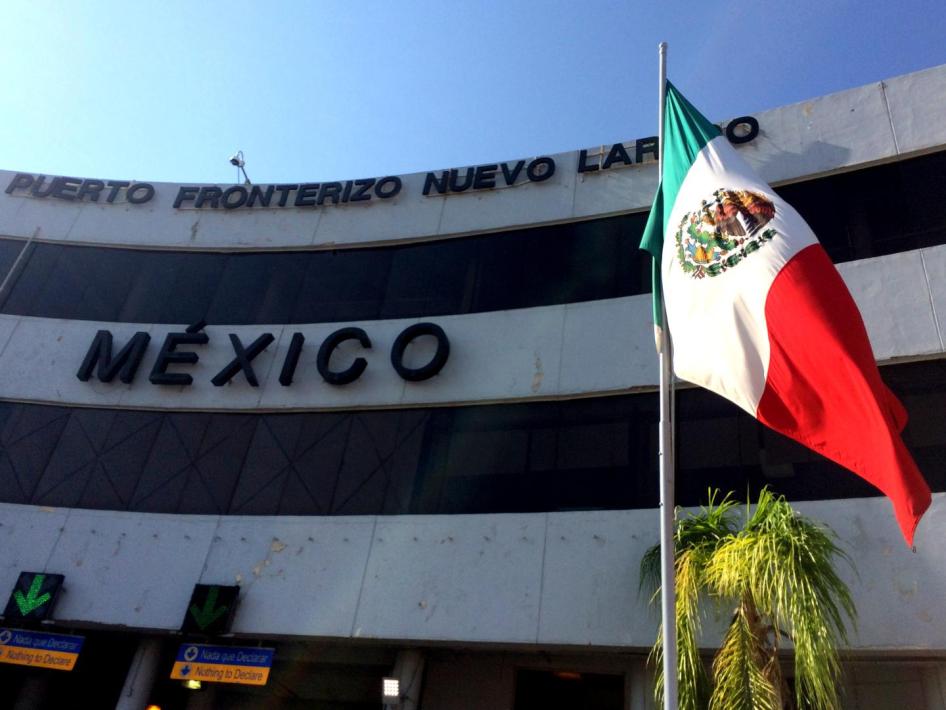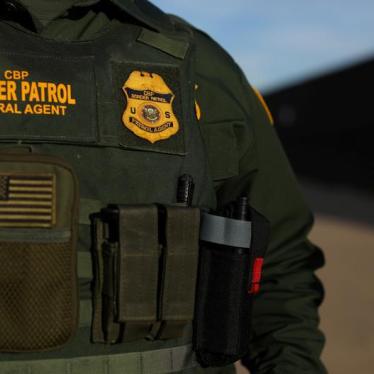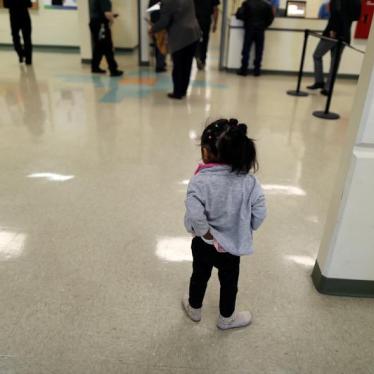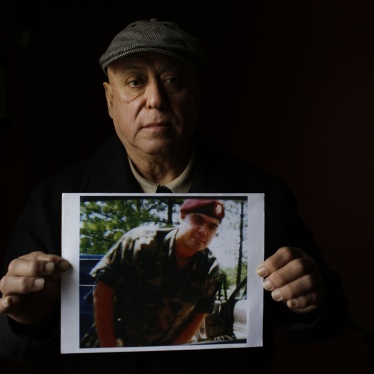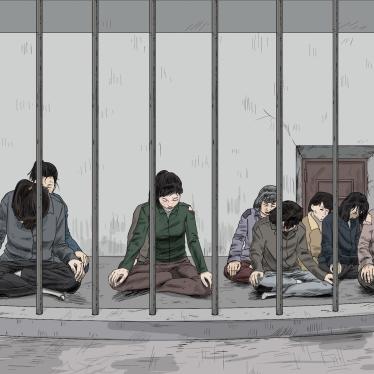(Washington, DC) – The US Department of Homeland Security has announced a policy, effective immediately, that will return asylum seekers to Mexico while their claims are processed in the United States. This raises serious concerns about whether asylum-seeking adults and families will be obstructed in their ability to pursue their asylum claims, have decisions delayed to the point of having their claims for protection unanswered, and exposed to harm in Mexico while their claims are pending.
Prior to the announcement of the so-called “Migration Protection Protocols” policy, the US government’s decision to “meter” the claims of asylum seekers was already causing them to wait long periods in Mexico. The new policy will inevitably add to long wait times for people fleeing violence and harm in Central America in order to seek asylum in the US, Human Rights Watch said.
According to the Mexican government, the country is currently facing an “emergency of violence and insecurity.” The national security plan of President Andrés Manuel López Obrador states in its opening sentence: “The violence, killings, and criminality in our country have reached historic levels and we are among the most unsafe countries in the world.” The number of homicides in Mexico in 2017 was the highest since the country began keeping record in 1997, and is projected to be even higher in 2018. Several northern states are among the most violent in the country, including Baja California, where Tijuana is located, which has the second highest number of homicides.
“The US is sending asylum seekers back to a country whose own government says it is among the most unsafe in the world,” said Daniel Wilkinson, Americas managing director at Human Rights Watch. “It’s totally unrealistic to think that a government that is struggling to contain what it calls an ‘emergency of violence and insecurity’ can be expected to keep Central American asylum seekers safe for months and years.”
The United States has sufficient resources to process claims efficiently and should not force asylum seekers to face months or years of not knowing if or when they’ll have a fair hearing, Human Rights Watch said. During this time, they may also endure potentially unsafe and difficult conditions in Mexico.
Despite reports that the government of Mexico will issue humanitarian permits allowing asylum seekers to temporarily remain, waiting in Mexico presents particular risks. Asylum seekers face a real risk of refoulement – or forced return to places where they may be persecuted – by Mexican immigration officials.
Asylum seekers face difficult humanitarian and security conditions in Mexico – documented by Human Rights Watch and other groups in recent weeks – that could deter them from pursuing their claims. Conditions facing children and people with disabilities are of particular concern.
“The Trump administration is doing everything it can to impede, obstruct, and frustrate the right in US and international law to seek asylum,” said Bill Frelick, refugee program director at Human Rights Watch. “If ‘justice delayed is justice denied,’ so, too, at some point, asylum delayed means asylum denied.”
